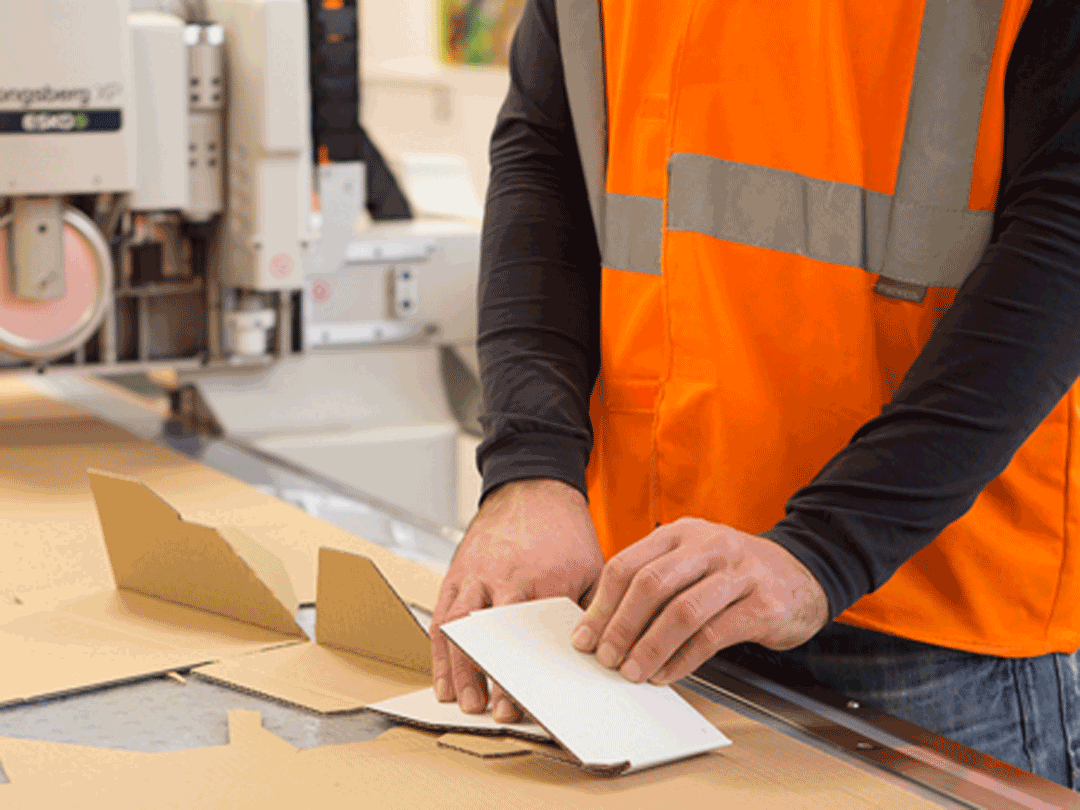
In the latest edition of our interview series with figures from across the value chain on the subject of COVID-19, Fin Slater spoke with Stefano Rossi, CEO of DS Smith’s Packaging Division.
How has corona impacted your business?
We are not currently experiencing any significant disruption to our operations due to the COVID-19 pandemic and all our sites are operational. We have robust plans in place to deal with an escalation of this issue. From the start, our top priority has been the health and wellbeing of our people, and we continue to work closely with our customers and keep them informed of any developments.
Has production been affected, or do you expect it to be?
We’ve seen a rising demand for food and other essential products such as pharmaceuticals during the pandemic. This has prompted increased production across the packaging supply chain, while also offsetting softening demand across other sectors.
Has your supply chain been impacted, or do you envisage such challenges?
DS Smith is working hard, every day, to support our customers and ensure their business continuity. Where needed, we are utilising our extensive network to transfer orders between plants and mitigate disruption to a specific site.
From a retail perspective, the key challenge is maintaining product availability during peak demand and we have developed a number of supply chain contingency solutions for our customers.
Have any of your employees been infected and how are they now?
While, of course, we are seeing some absences across our workforce in Europe, this is improving.
The health and wellbeing of our people is our top priority and we are working closely with local and national governments to ensure we comply with any guidance introduced at a regional or national level. We have put in place robust plans, which include stringent safety procedures across our plants and working from home wherever possible.
Our employees are demonstrating high levels of professionalism as they work to support national efforts by many of our customers to keep goods moving.
What measures are you taking to ensure you meet these challenges?
Where needed, we are utilising our extensive network to transfer orders between plants and mitigate disruption to a specific site. As a result of the measures we have put in place, we can continue to support our customers and ensure their business continuity wherever possible.
Significant support is being provided to customers in the food and pharmaceutical industries and we have robust plans in place to deal with an escalation of this situation globally.
How do you see coronavirus impacting more generally on packaging/FMCG, and do you have any suggestions as to how the industry can mitigate these impacts?
The COVID-19 pandemic will likely result in a structural change in how people shop and live. As social distancing continues, e-commerce is likely to grow significantly – we are already seeing many of our customers pivot to selling online. Across the business, we are working closely with both SMEs and multi-nationals to design and develop packaging solutions for revised business models focused on home delivery.
The pandemic is also bringing into sharp focus the crucial role that packaging plays in society, specifically packaging safety. The post-COVID-19 consumer is going to be more aware of safety issues, making single-trip packaging more likely to be the norm. Cardboard can fill a crucial gap here, providing a circular solution that is both recyclable in theory and recycled in practice.
Are there any broader lessons about packaging that industry – or society – should draw from the pandemic?
First and foremost, the importance of being a good employer and ensuring the health and wellbeing of our people. It is our top priority and without our highly skilled people we would not be able to continue to produce packaging solutions that support the delivery of essential goods like food, pharmaceuticals, and medical supplies.
We also believe it is now more important than ever to support the communities in which we operate. From Kemsley to Krusevac, Tampere to Timisoara, and in over 300 locations across the world, our employees are embodying our values and helping their local communities. Whether it’s by donating time and expertise or by raising money to support local causes, some examples of our community work include creating separators in Slovenia so postal workers can operate safely, making Personal Protective Equipment for healthcare workers in the UK, and donating corrugated items for local field hospitals in Spain.

















